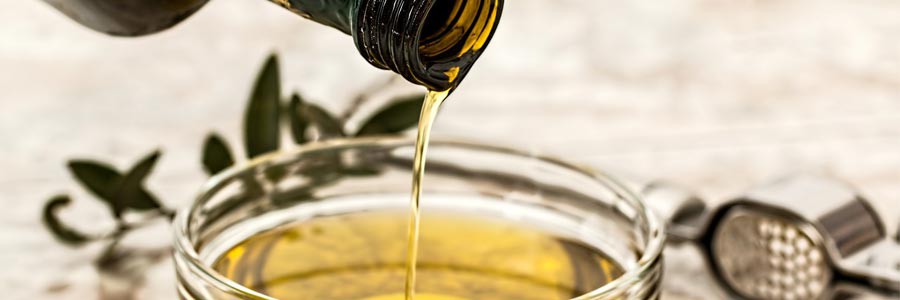Curiosities and Myths About Extra Virgin Olive Oil
There are many curiosities and myths around Extra Virgin Olive Oil. Today, in OliveClub, our Extra Virgin Olive Oil Club, we talk about them.
“Liquid gold”, as Homer said, is a fundamental component in the Mediterranean diet.
For the very leading role it has in our diet, and because olive oil contains many properties we are going to break some myths today.
But before we start with myths, we will discuss some interesting curiosities about olive oil.
Curiosities:
1. The origin of the word “oil” comes from the Arabic word “Az-Zait”, which means "olive juice".
2. In order to extract 1 liter of Extra Virgin Olive Oil, about 5 kilos of olives are needed.
3. Our country is the largest producer of AOVE in the world, with an approximate area of 2.3 million hectares dedicated to it.
4. Despite Spain is the largest producer, we are not the country most consumer of olive oil, it is Greece, Greece consumes more olive oil per person than Italy or Spain.
Myths:
1. Do the Extra Virgin Olive Oil lose its properties when it is heated? This is a fairly common question among consumers. Olive Oil does not lose its properties when is subjected to high temperatures, but it is true that some of its nutritional components evaporate, so it is normal the oil lose some intensity.
2. Does olive oil fattening? This question is key to all those who are thinking of doing a diet. In general, any kind of fat, whether animal or vegetable, bring to our body the same amount of energy. Specifically it provides 9 kilocalories per gram.
3. Cooking with Extra Virgin Olive Oil is waste it. This statement is very common among the elderly of our house. We start from the basis that all seed oils are always refined, while EVOO is a 100% natural product. When cooking, we want to consume fresh and natural foods to contribute more flavor and more nutrients to our meals, so cook olive oil is not to waste it, but add value to our meals.
4. Olive oil raises cholesterol. Olive oil is considered as an exemplary fat, thanks to oleic acid. This type of acid increases the "good cholesterol", and its function in our body is to carry what we call "bad cholesterol" to the liver so it can remove it. This way, we reduce risks of heart attacks or arterial thrombosis.
Here are some of the curiosities and myths that we have found most interesting to consumers.
From OliveClub, we hope that you will also find them interesting and helpful to answer some of the most frequently asked questions.
- Publicado en 2017-07-17 13:02:27





